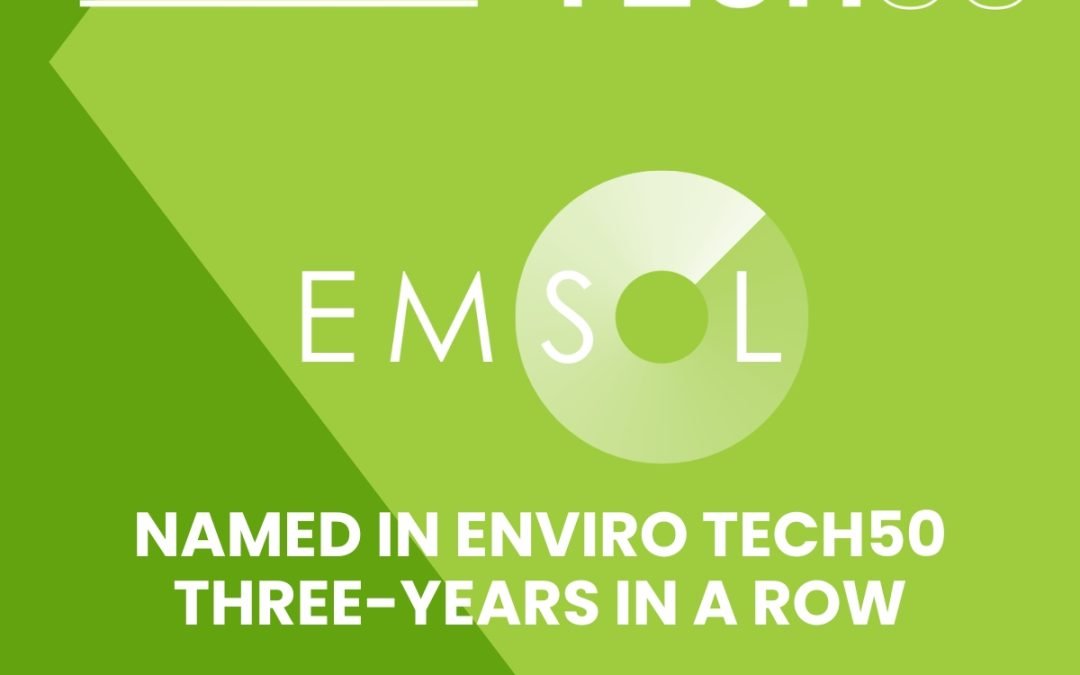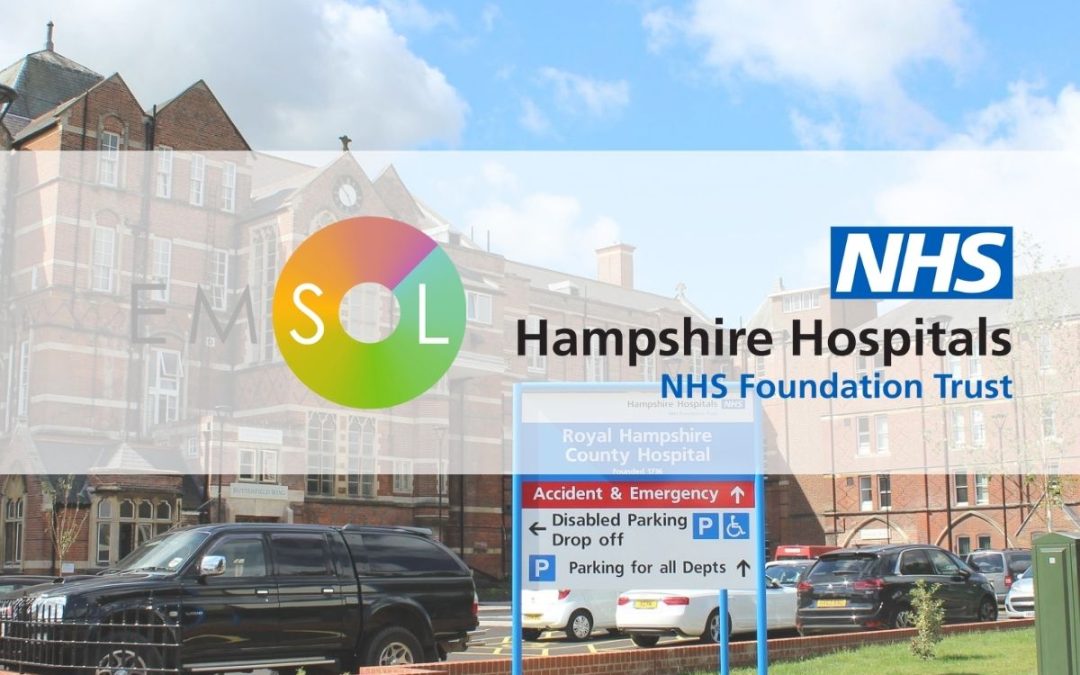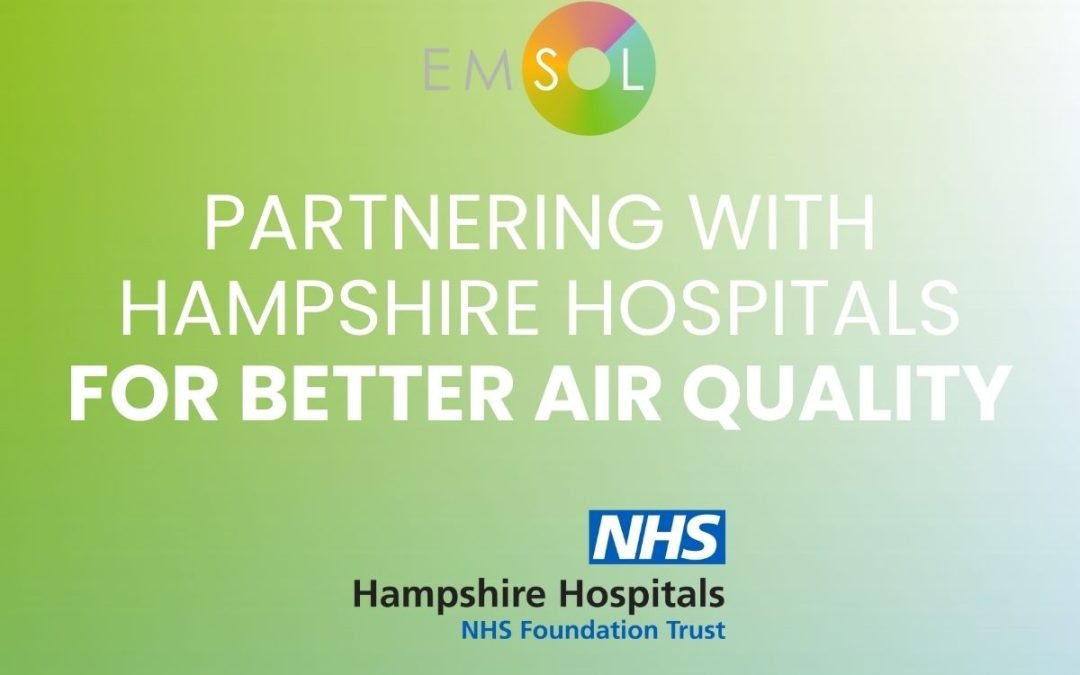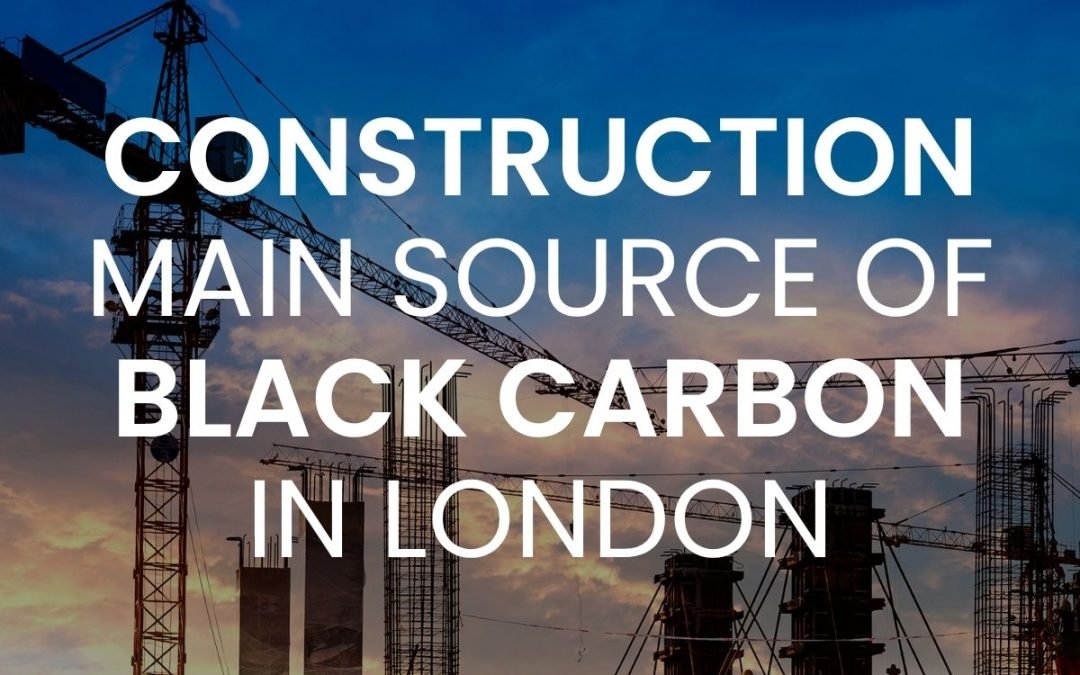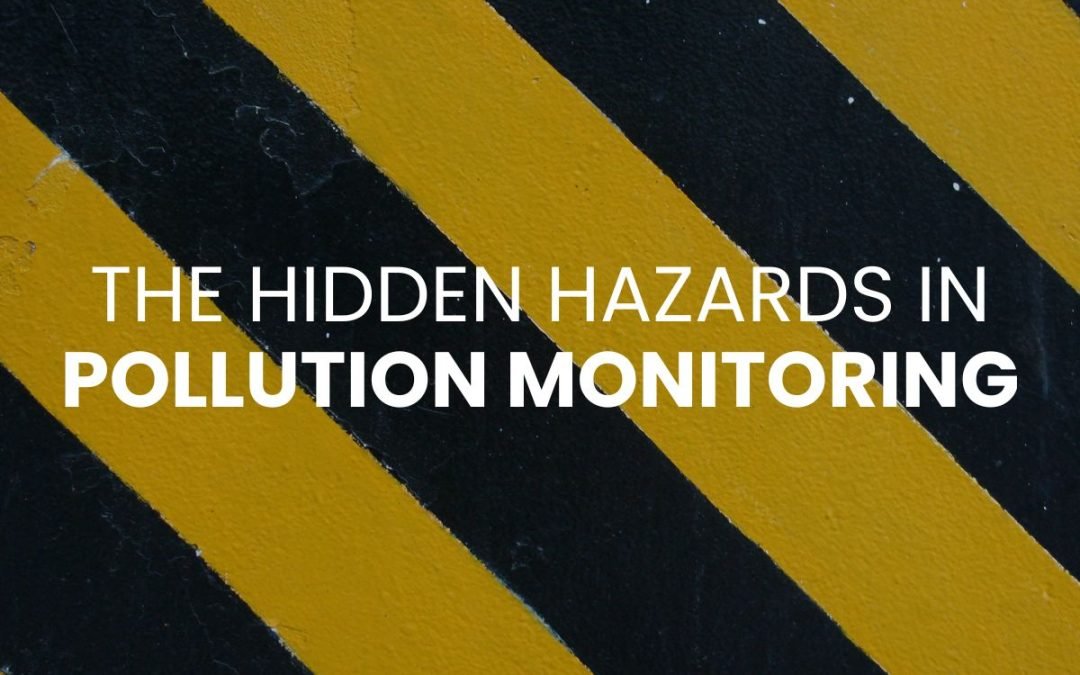Construction projects across London are an on-going part of life in the capital and are essential for businesses to grow. While developments to help improve the city and boost the economy are essential, these projects also face issues of poor air quality and pollution. There are a lot of things that can (and do) cause air pollution in a city like London, so an emphasis on reducing air pollution is essential.
The government is doing their part, with a new Low Emissions Zone for Non-Road Mobile Machinery (NRMM) planned to be unveiled this month, marking the world’s first-ever Ultra-Low Emissions Zone for NRMMs. In the wake of COVID-19, construction firms across London have been granted a six-month temporary exemption in order to help them work towards complying with these new standards.
Air and transport pollution is one of the biggest dangers facing construction and building site workers in London, companies in the industry often want to reduce it but finding the most effective and targeted methods is difficult. At EMSOL, we are enthusiastic about working with like-minded people to try to make the air we breathe healthier, and take action against the pollutants that cause respiratory illnesses and other long-lasting problems that affect quality of life.
This is why we took a vested interest in the Mayor of London’s NRMM Low Emissions Zone plans. Of course, due to COVID, the initiative has been pushed back by around 6 months, but that’s not necessarily a bad thing. Forcing big legislative changes upon businesses now could have a negative economic impact. A lot of companies are still reeling from the pandemic, and would make further losses by changing the way they operate. By giving a 6 month exemption, this allows businesses to gradually adapt to the new directives so they can hit the ground running.
These are a couple of the things businesses can do in the meanwhile to help reduce transport and air pollution:
Dust Control
Construction dust is a far greater issue in terms of air pollution than many people realise, and inhalation of it can cause all manner of illnesses, such as cancer, asthma, and bronchitis. There are a few dust control methods that businesses can implement, including things like wheel washing, and the integration of dust suppression systems.
Dust control is hugely important for companies looking to try to reduce pollution and health risks in the process of carrying out their work.
However, we also recognise that the vast majority of construction pollution comes from site traffic and on-site generators and machinery. Mitigating construction and demolition dust is laudable but doesn’t have a huge impact on the bigger picture.
Reduce Pollution from Transport in a Targeted Way
Reducing pollution from transport with targeted interventions is the best way of being able to cut down on air pollution in the area, and this is one of the key reasons why the NRMM LEZ directives are being brought in. Current regulations stipulate that larger vehicles, such as lorries, have to comply with the Euro 6 emission standard, or pay a penalty fine of £100 per day.
Identifying which vehicles may be the biggest contributors to site emissions can have a real impact. If these vehicles or NRMM can be identified they could be scheduled for maintenance to ensure clean performance, or in the worst case removed from the site to protect workers and the local community. EMSOL is looking to enable small, targeted, daily steps to improve air quality.
If you are looking for ways to reduce air pollution at construction sites but don’t know where to start then reach out. EMSOL is equipping companies with the insights needed to tackle their pollutants, taking specific and targeted action.
Find out how Mace, Hansons, and the London School of Economics took action with EMSOL
References:
https://www.ioshmagazine.com/action-needed-construction-air-pollution-says-ccs
https://emsol.io/business-leader/
https://www.london.gov.uk/press-releases/mayoral/temporary-exemptions-for-the-nrmm-lez
https://clec.uk/advice/londons-low-emission-zone-non-road-mobile-machinery

